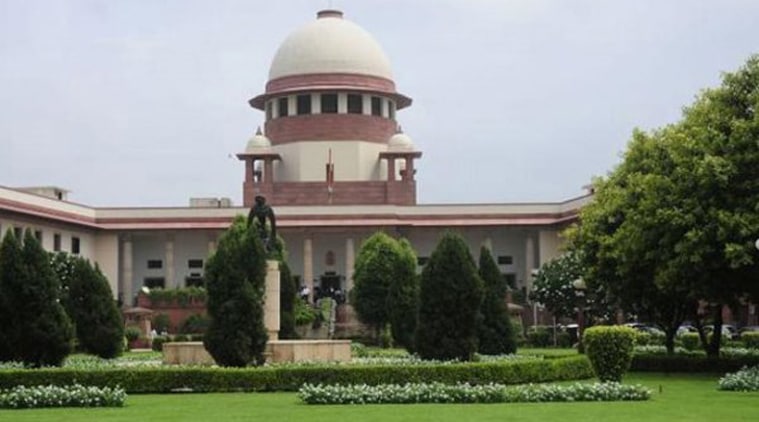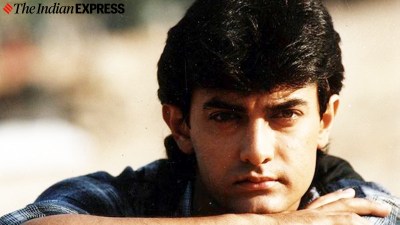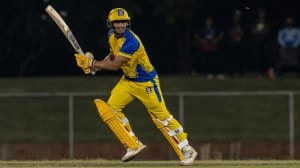Supreme Court recalls order that didn’t allow common medical entrance test
A five-judge constitution bench said majority verdict was passed without discussion
 Supreme Court of India pulled up BCCI once again. (Source: File)
Supreme Court of India pulled up BCCI once again. (Source: File)
A Constitution Bench of the Supreme Court on Monday recalled its order which had held the all-India common entrance test for medical admissions as “illegal” and “unconstitutional” on the ground that it interfered with the right of private, minority and linguistic institutions to admit students.
This case had led to a controversy after reports emerged that the judgment had been allegedly leaked before it was pronounced. Further, Justice Anil R Dave, who has now authored the recall order, had in 2013 dissented from the majority view, pointing out there was no discussion among judges on the bench before ruling against the validity of the common test.
The Constitution Bench, who is now headed by Justice Dave, said that the 2013 judgment requires a “reconsideration” and that the validity of the National Eligibility Entrance Test (NEET) would be examined afresh. NEET is a common entrance test for admission to MBBS, BDS and post-graduate courses. It effectively takes away the right of medical colleges and institutions, including those run by religious and linguistic minorities, to make admissions on the basis of their own rules and procedures.
[related-post]
The Medical Council of India and the central government, which had challenged the 2013 order, can now conduct NEET.
“Suffice it is to mention that the majority view has not taken into consideration some binding precedents and more particularly, we find that there was no discussion among members of the Bench before pronouncement of the judgment,” stated Monday’s order.
Justice Dave had in 2013 dissented from the other two judges, then Chief Justice Altamas Kabir and Justice Vikramjit Sen, who by a 2-1 majority verdict quashed the notification for NEET. In his dissenting judgment, Justice Dave had recorded lack of deliberation among the three judges before the judgment was prepared and delivered on July 18, 2013 — Justice Kabir’s last day as a judge.
“As the learned Chief Justice is to retire within a few days, I have to be quick and therefore, also short…prior to preparation of our draft judgments, we had no discussion on the subject due to paucity of time and therefore, I have to express my different views,” Justice Dave had said at the time.
Writing the short order now, Justice Dave, currently the senior-most judge of the apex court, has put on record the lack of deliberation by judges as a prime reason why the NEET judgment requires a reconsideration.
The bench also accepted arguments by Additional Solicitor General Pinky Anand, who appeared for the central government in the matter and underscored a body of judgments on the criteria for allowing the review petitions against the 2013 verdict. Anand had also emphasised that the judgment should not have been pronounced by a three-judge bench in the first place since an identical matter had been referred to a five-judge bench.
“We, therefore, allow these review petitions and recall the judgment dated 18th July, 2013 and direct that the matters be heard afresh. The review petitions stand disposed of as allowed,” held the order.
While authoring the dissenting judgment, Justice Dave had described NEET as a “boon” to aspiring medical students, noting that an all-India common test would attract merit and do away with “unscrupulous and money-minded businessmen operating in the field of education”.
On the other hand, Justice Kabir, writing for the majority, had questioned the MCI’s power to hold a common test and said that “the right to admit students in different educational and medical institutions was an integral part of the right to administer and it could not be interfered with except in cases of maladministration or lack of transparency”.
For more news on education, click here
- 01
- 02
- 03
- 04
- 05































